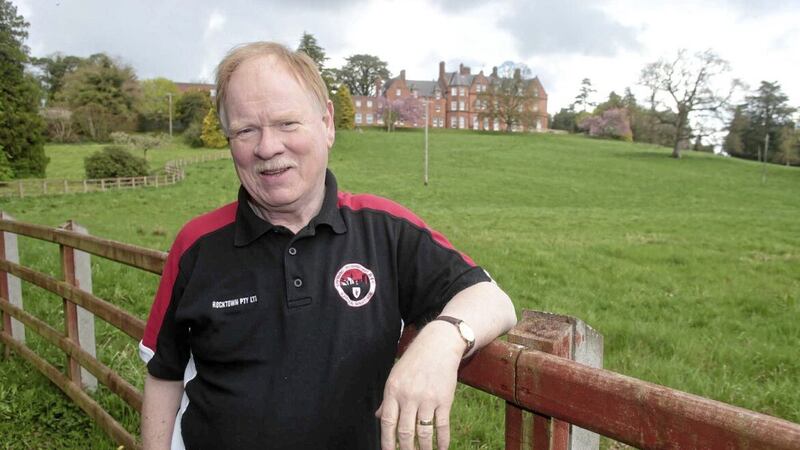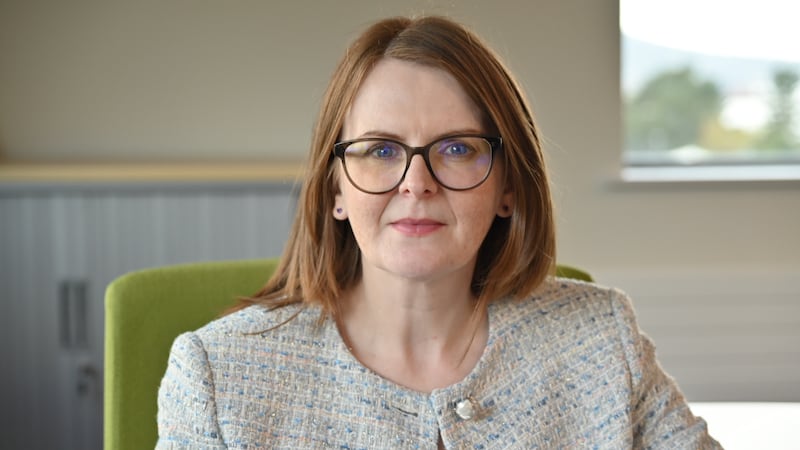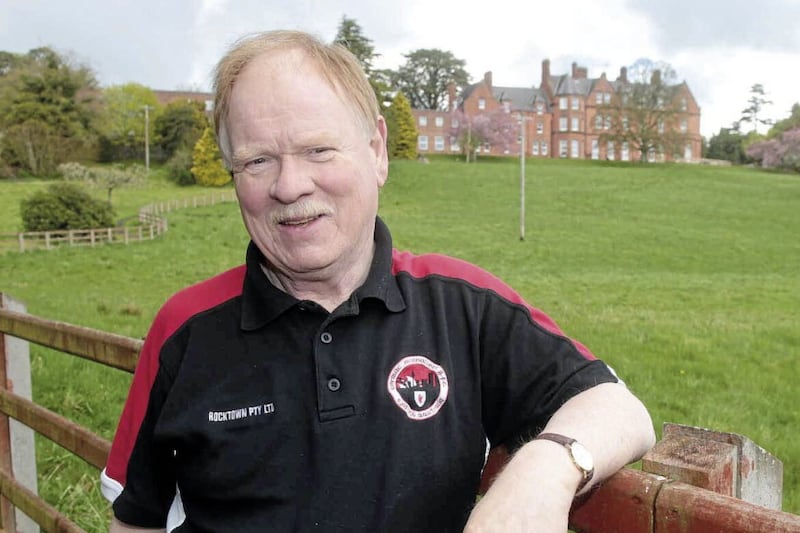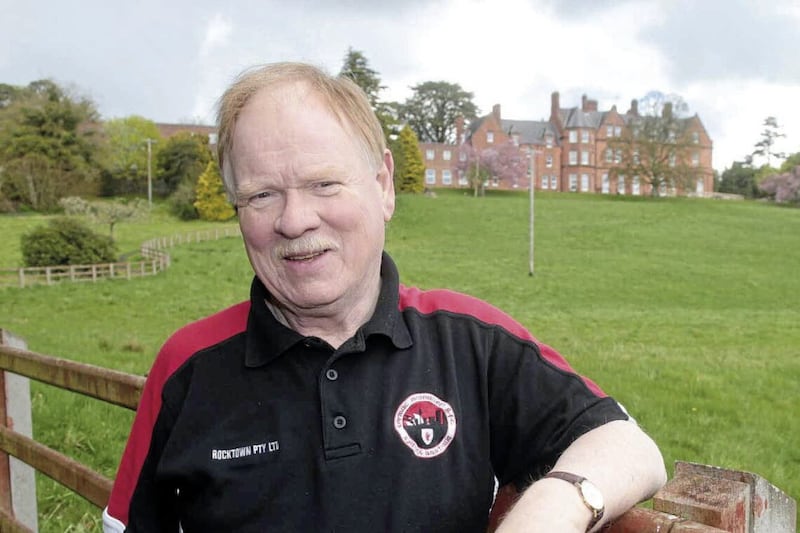A Co Tyrone man has been remembered for his "tireless work" to save lives in the wake of the tragic death of his own son from a hidden heart condition.
Prominent community activist, local historian and businessman Brendan McAnallen died aged 77 at his home in the Brantry area near Dungannon yesterday.
He was known across Ireland for his work with The Cormac Trust, which he and his family set up following the death of Tyrone GAA star Cormac McAnallen (24) in 2004.
The trust has worked to raise awareness of sudden cardiac deaths, particularly among young people, promoting screening and providing defibrillators and training for sports clubs throughout the island.
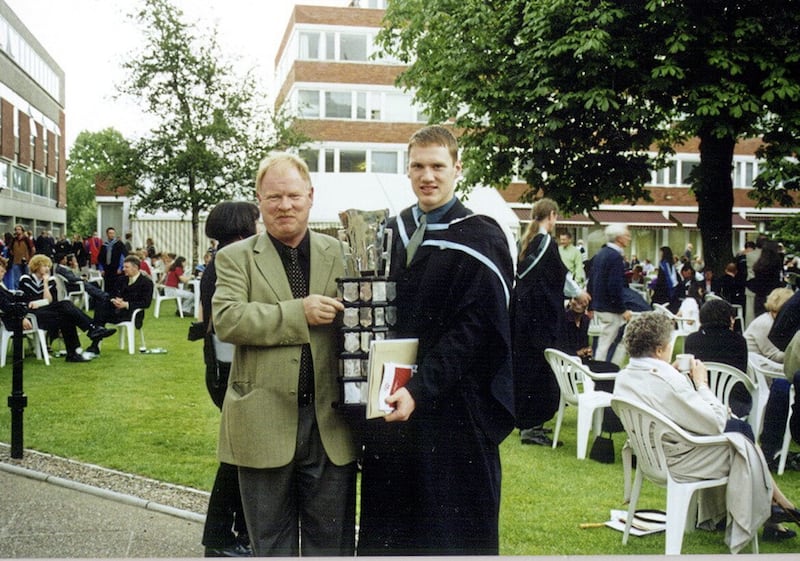
Dónal McAnallen said although deeply affected by the very public tragedy of Cormac's sudden death, his father "strove valiantly to turn it to some good".
"The merits were seen most emphatically when trust defibrillators saved lives, most notably that of former Derry player Kevin McCloy in 2014; Kevin would in due course become great friends with Brendan and succeed him as chairman of the trust," he said.
Campa Chormaic, a summer camp combining the Irish language and Gaelic sports, has also spread to four counties since Mr McAnallen established the first gathering in the Brantry in 2005.
"Through participating in these camps over the last 17 years, thousands of children have come to a deeper appreciation of local heritage and native culture, not least in this parish."
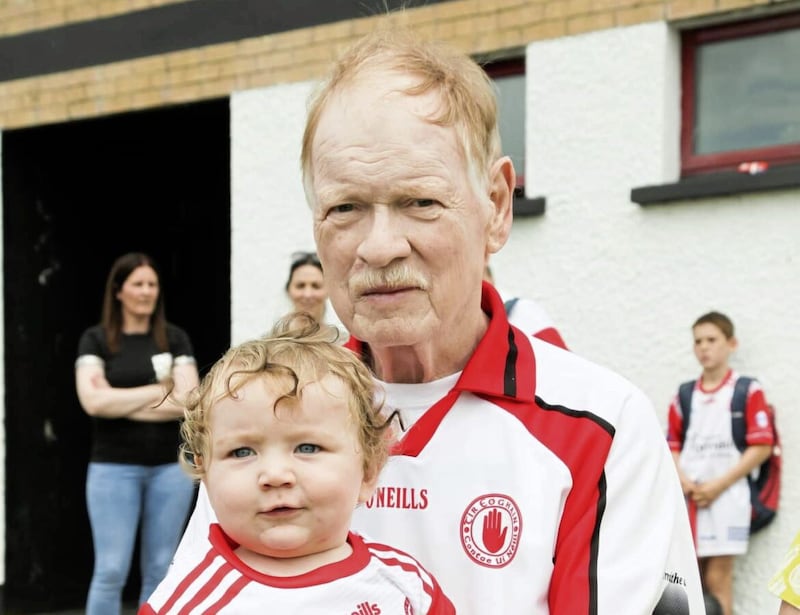
Mr McAnallen was also involved in a range of other bodies working across the community, including the Brantry Area Rural Development Association which constructed a cultural centre in the area.
As a keen amateur historian, he was a long-standing committee member of the O'Neill Country Historical Society and contributed regularly to its journal as well as delivering lectures.
"Brendan’s local expertise made him something of an oracle for researchers and tourists seeking answers to questions," Dónal said.
"Many of them just landed on the street in Benburb, unannounced, and asked to speak to him, but always he gave freely of his best efforts to assist.He even organised and presented historical bus tours of the area."
A joiner-cabinetmaker earlier in his working life, he set up the Ardmac construction company with two brothers and later branched into retail, operating a supermarket, furniture store, cafe and bar in the village of Benburb, providing much local employment.
Donál added: "Even in spite of his illness, Brendan was alert of mind to the very end, discussing shop business, heritage plans for Benburb and the Ulster Canal."
Among many online tributes yesterday, Community First Responders said he would be remembered as a "kind, generous and compassionate gentleman".
"Brendan was a major driving force in the concept and formulation of Community First Responders Armagh and Tyrone.
"The McAnallen family had suffered the loss of their beloved son Cormac owing to Sads, or Sudden arrhythmic death syndrome. It was thought at the time that if a trained person with a defibrillator had have been on hand then the outcome for Cormac may have been better.
"Brendan worked tirelessly to improve access to heart condition diagnostic tests and formed The Cormac Trust which raised huge amounts of money to supply sporting clubs and venues with defibrillators, all of which has saved many lives throughout the island of Ireland."
